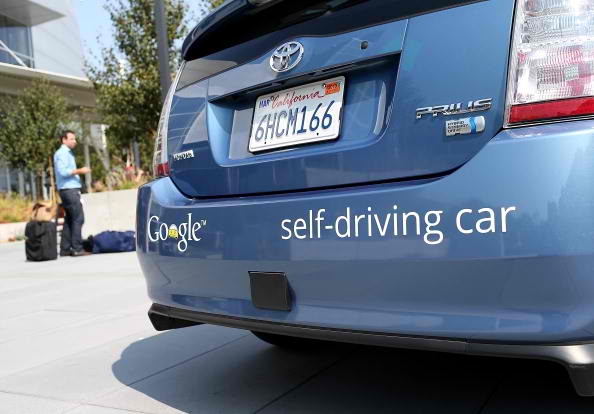Autonomous Cars Safer Than The Conventional?

A recently published study from the Virginia Tech Transportation Institute reveals that autonomous cars, on average, were involved in fewer and less fatal accidents compared to conventional cars with a human driver behind the wheel.
The study entitled "Automated Vehicle Crash Rate Comparison Using Naturalistic Data" was commission by search giant Google. It is important to note that Google is one of foremost pioneer when it comes to the research and development of self-driving cars.
The Virginia Tech Transportation Institute study reveals that when current data will include all unreported car crashes and accidents, autonomous cars will have a far lower average rate compared to conventional cars.
In a 2015 report published by the National Highway Traffic Safety Administration, the agency revealed that about 60% of all property-damage-only car crashes and 24% of all injuries related to car accidents were properly reported to authorities.
But some motoring experts expressed their doubt towards the figures released by Google and Virginia Tech Transportation Institute. There are those who even claim that it might have been slightly improved in order to benefit those who headed the study.
According to Reuters, Google spokesperson Johnny Luu requested Virginia Tech Transportation Tech "to look into the topic given the interest and develop a robust methodology to be able to make meaningful comparison between regular cars on the road as well as our self-driving cars."
There are those who defended the people behind the study, citing that data regarding the severity of a car crash or accident are hard to consolidate since a significant portion of them are not reported to proper authorities.
According to Phys, data about these car crashes are also difficult to analyze since requirements for a police report regarding the accident differ in each state.
Experts and market analysts believe that autonomous cars will no doubt be a major industry in the near future. This is why safety regulators and car manufacturers are working together in order to make sure that future cars will have far greater safety protocols compared to conventional cars.



